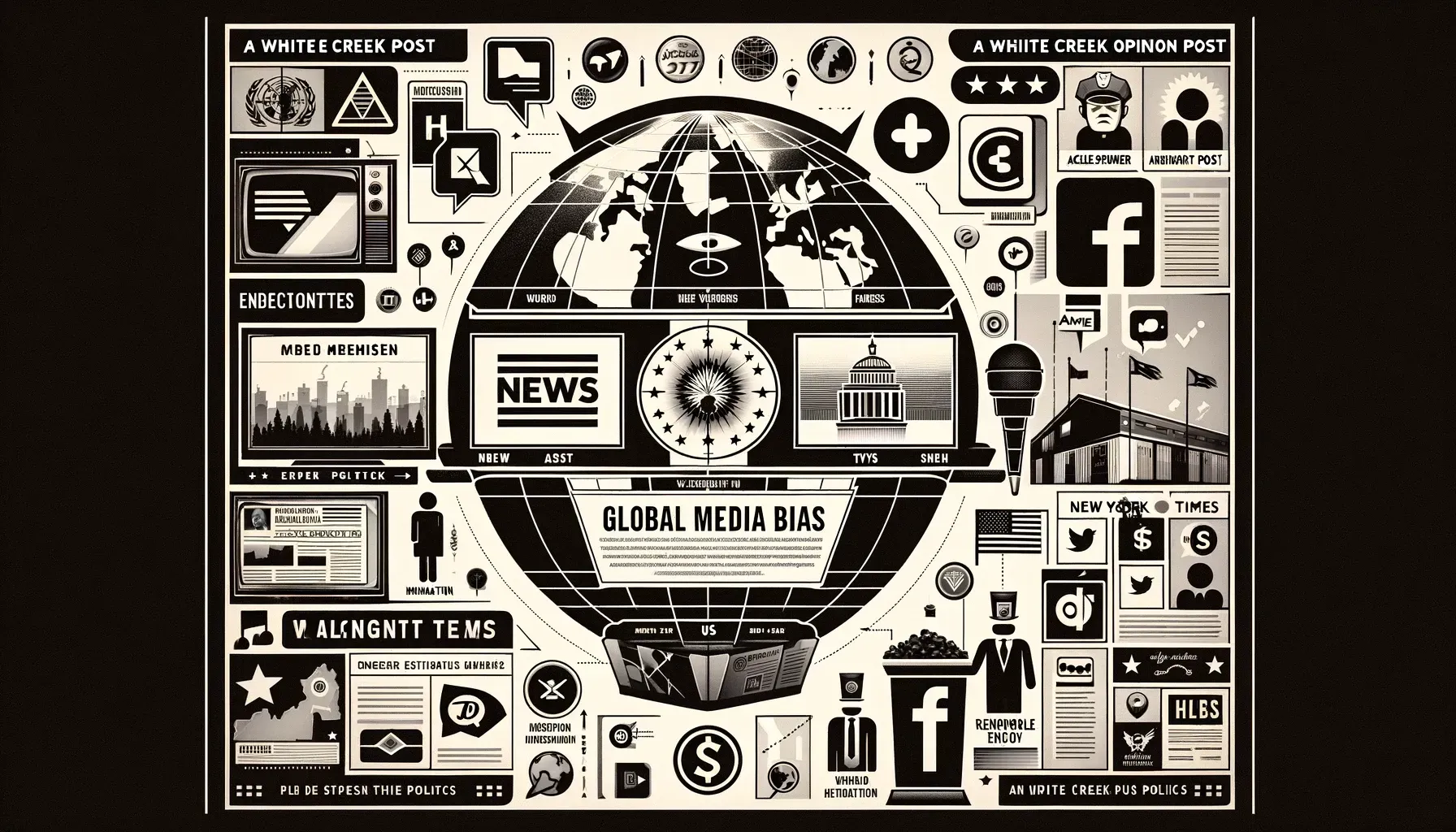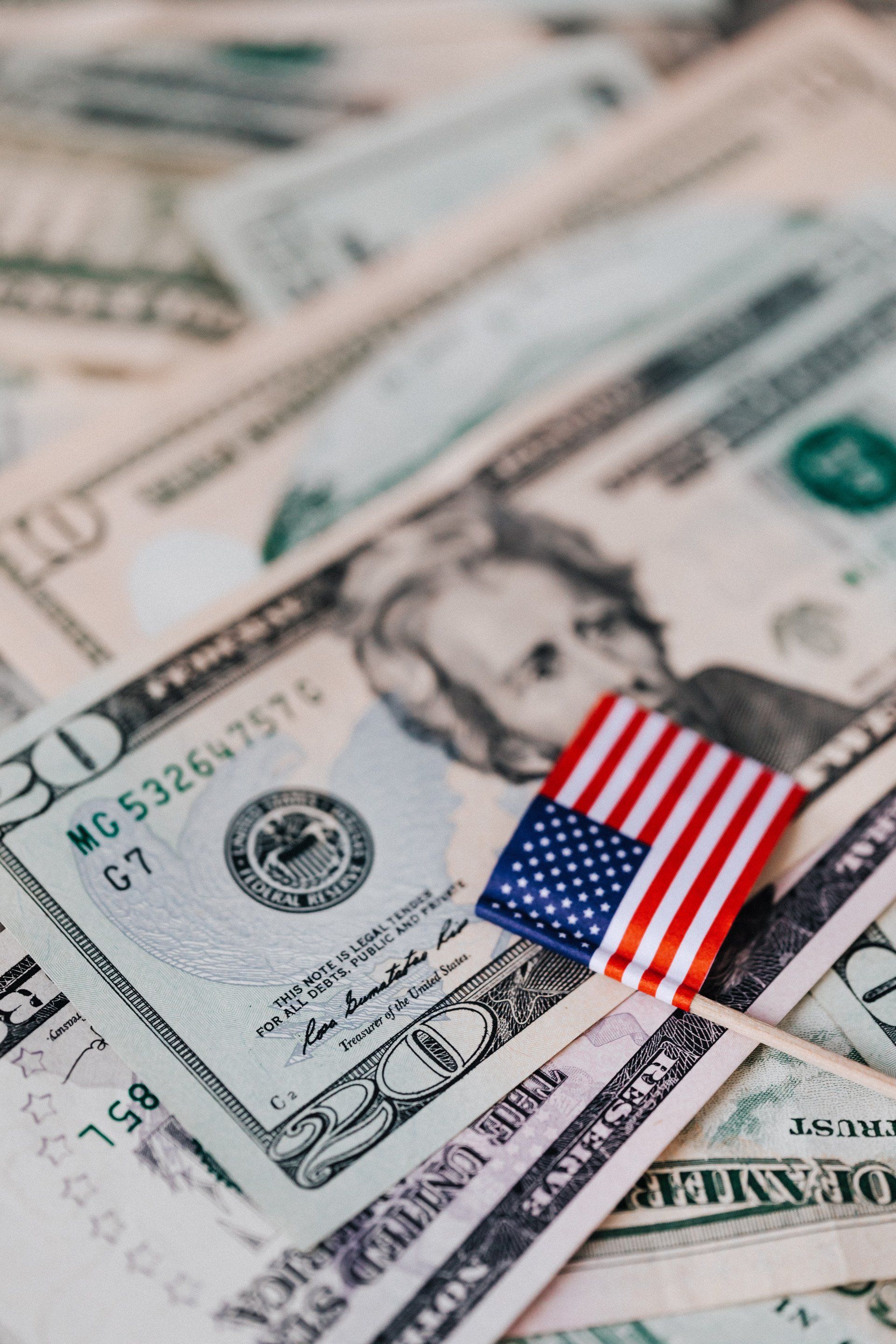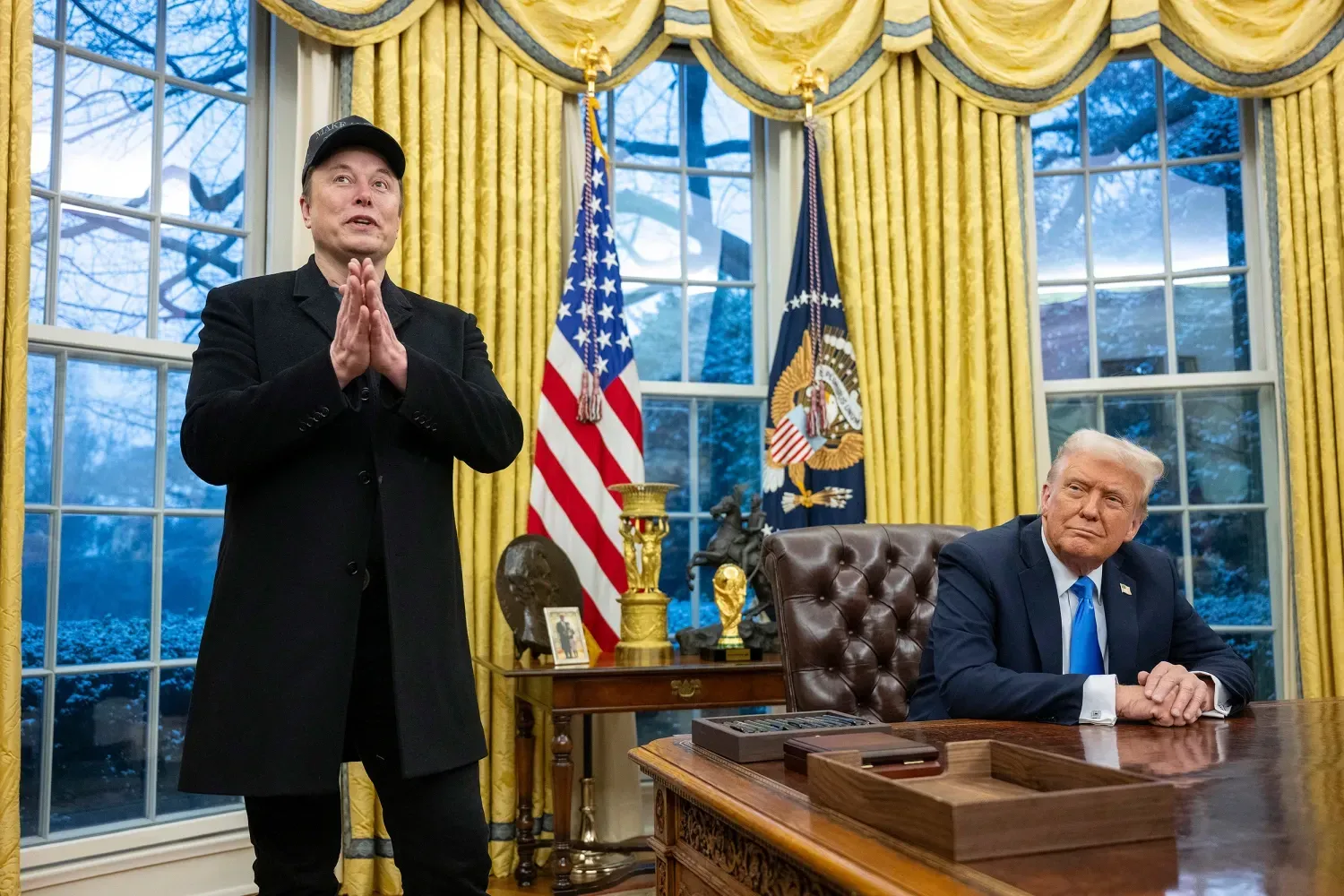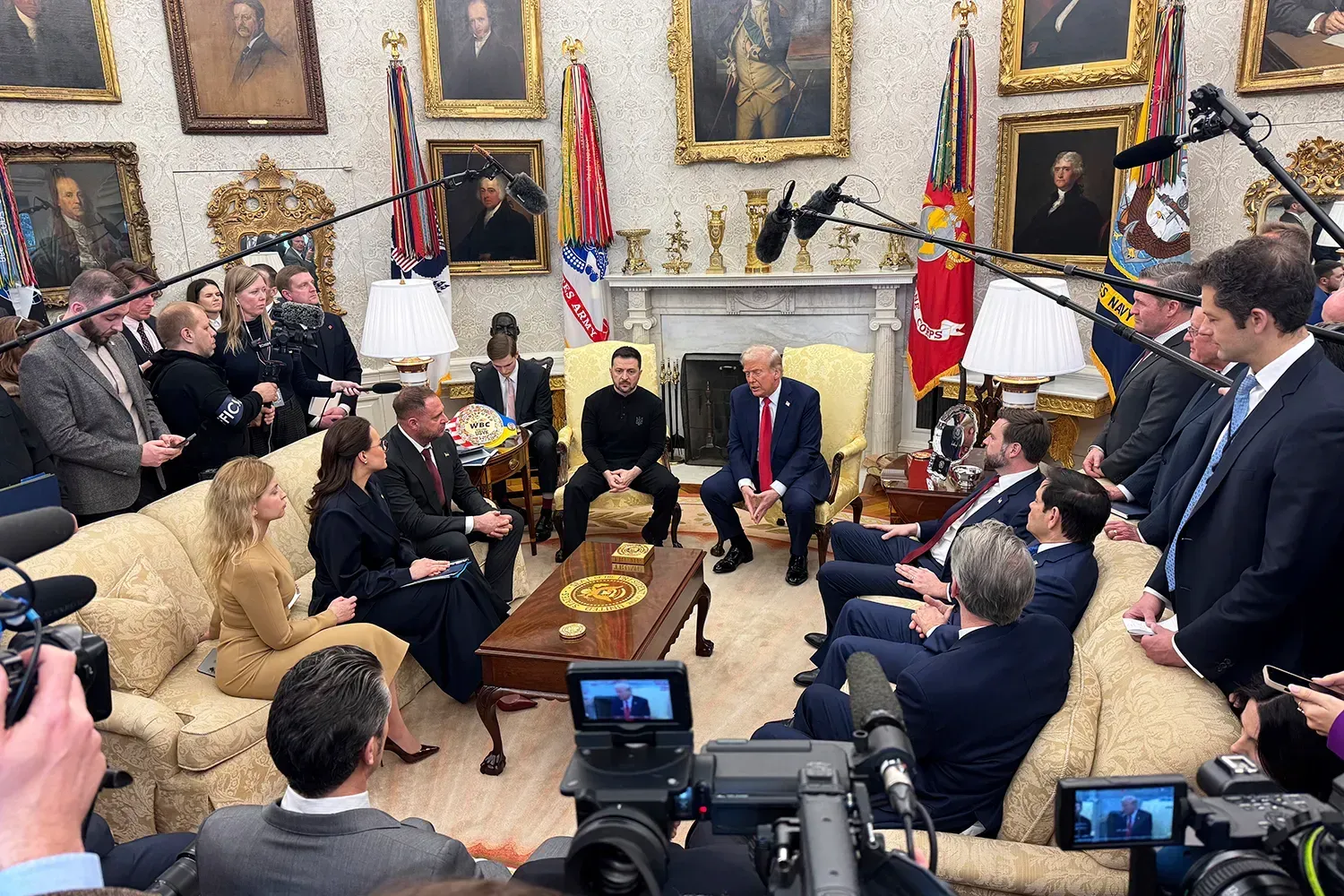Trump's Foreign Policy: Strength, Negotiation, and Global Realignment
If you want peace, you need to talk with the real people causing havoc. Endless meetings among war mongers or peace advocates, without involving the actual perpetrators, do not advance anything—unless you are prepared to eliminate all respective adversaries, as seen in Gaza and Ukraine. Criticizing the Trump administration for everything and hating him as much as you like only fuels a world of destruction. You need mediators, negotiators, and people of value to resolve problems, not ideologues, political activists, social media politicians, litigators, or lawyers. They offer opinions, not solutions. A prime example is the Democrats at the Joint Session of Congress.
One of the most influential agents of conflict is Kaja Kallas, the top diplomat of the EU. To her, perhaps only a totalitarian NATO general would qualify as a great leader for the Western world. Yet, why is she not labeled a Nazi? The fear mongers remain determined to sacrifice Ukraine to "save" Europe rather than commit to peace talks. We are witnessing a renewed arms race , with Russia rearming 80 years after World War II. Lessons learned? None. Political narratives continue to divide people, yet outside the political sphere, we are all simply human.
What is the Trump administration’s endgame? Speculate as you wish, but the mantra of "peace through strength" will dominate. The military serves as a deterrent, not a first resort. The administration aims for trade, economic development, and independence over interdependence—alliances built for prosperity, not destruction. Does this eliminate the possibility of dealing with dangerous leaders? No, but it minimizes the "madman theory."
Observing the destruction in Ukraine, keeping NATO out and fostering a closer relationship between Europe and Russia—certainly with U.S. involvement—could serve as an effective counterbalance to China and BRICS. Yet, despite the lessons of Vietnam, Iraq, and Afghanistan, some still believe "peace through strength" means eliminating everything that does not align with Western democracy. Just ask John Bolton , who, along with certain media outlets, would have sent half a million soldiers to Ukraine to fulfill Hitler’s goal of eradicating communism—though what Hitler really wanted were resources Germany still lacks.
Tariffs will be a major talking point globally for months—though they have been in play for 2,500 years. If anyone thinks Trump invented them, they should study ancient history. While people adapt to tariffs, others crunch the numbers and realize they either generate revenue or protect free trade. Then, as always, chaos ensues. In the past, everyone at a soccer game thought they were referees; today, everyone with internet access believes they are experts in politics, economy, trade, strategy, and more—though mostly, they just use megaphones. Ultimately, negotiations are about give and take. However, it's harder when your own people fail to protect national interests. If you want to understand the system, explore it here.
The WTO’s most-favored-nation (MFN) principle ensures non-discrimination in global trade, fostering stability and fairness. Despite the rise of preferential trade agreements since the 1990s, this principle remains central to global commerce.
Is it all about fentanyl? If so, that’s a noble cause and should be easily addressed. However, with upcoming elections in Canada and a potential 51st state announcement, Mexico and China might find resolutions sooner than expected.
In an executive order signed on Monday, Trump stated that tariffs aim to reduce the U.S. trade deficit and combat the fentanyl crisis.
Trump has claimed that these tariffs are meant to pressure Canada, Mexico, and China into stopping drug trafficking into the U.S., according to Fox Business. The Drug Enforcement Administration reported that nearly 70% of the 107,000 drug overdose deaths in 2023 involved opioids like fentanyl.

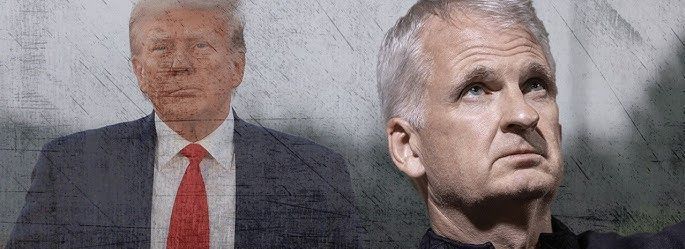
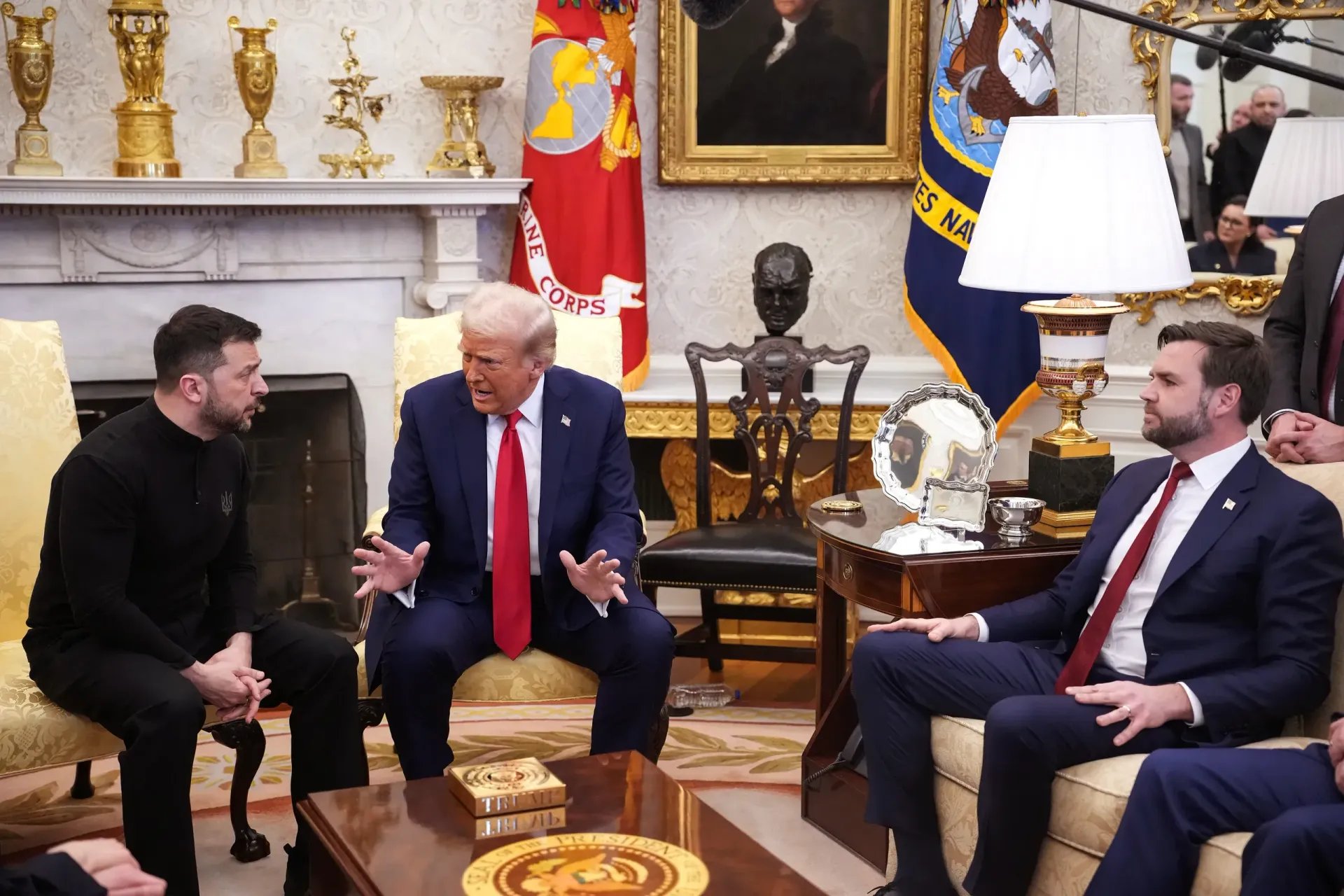
Sign Up For Our Newsletter
We will get back to you as soon as possible
Please try again later


